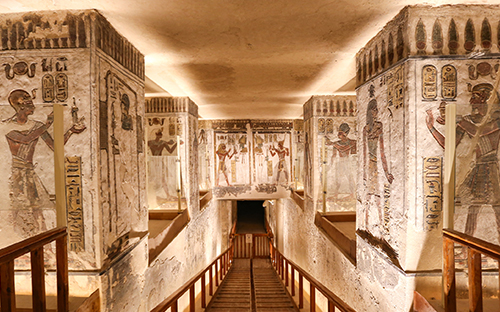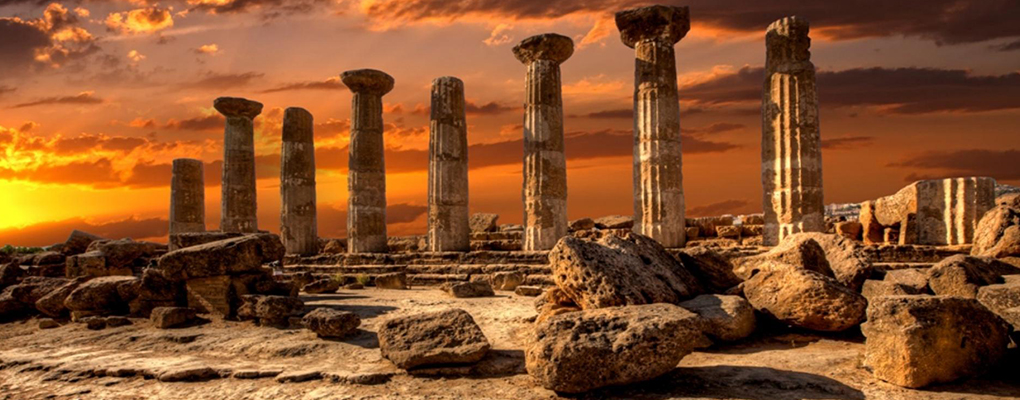Courses and
Certifications
- Home
- Who Owns the Past?
Who Owns the Past?
3 credits, 15 weeks, asynchronous MOOC class
PAMS Humanities Course
Cost for guest students: $100
Museums, archaeology and heritage play an important role in contemporary society. They are not simply about static objects showing us a distant past; rather they have cultural significance and continue to have impact and meaning throughout time. This impact and meaning are not the same for everyone and can change over time. It can vary from culture to culture, generation to generation and even person to person, and the sometimes-disparate viewpoints of individuals and groups can and do lead to conflict.
The aim of this course is to focus on the problems and dilemmas that arise in an ever-changing world where the values placed upon the objects in museums, the museums themselves, archaeology and heritage are shifting and may be seen as outdated, unethical or contentious. At the same time, by learning about the divergent viewpoints of stakeholders, past and present, this course will allow students a greater understanding of the importance of the past to different people and cultures, leave them more empathetic to the viewpoints of others and provide them with the skills to recognize and deal with situations that may cause cultural (or other) conflict, thus helping them on their path to becoming global citizens.

This course focuses on the following:
- Understand the continuing importance of museums, archaeology and heritage.
- Understand that there is no set of correct viewpoints or opinions regarding museums, heritage and archaeology.
- Discuss the history of museums and collecting.
- Understand why there are various conflicts in relation to museums, archaeology, and heritage.
- Analyze evidence and make sound judgements.
- Recognize a variety of viewpoints and attitudes regarding museums, archaeology, and heritage.
- Better understand how to handle conflicts regarding museums, archaeology and heritage.
- Be more aware of divergent attitudes and values towards museums, archaeology, and culture.
Course Requirements:
- Fluent English language ability
- 2nd-year students or later
Class start date: Monday, 2nd September 2024
- Back to Courses

-
About PAMS
Faculty
-
Courses and Certifications
Contact
-
Enroll now
Partner Institutions
-
Community
